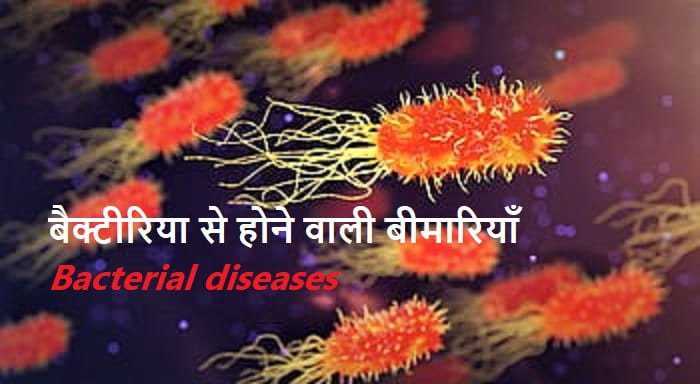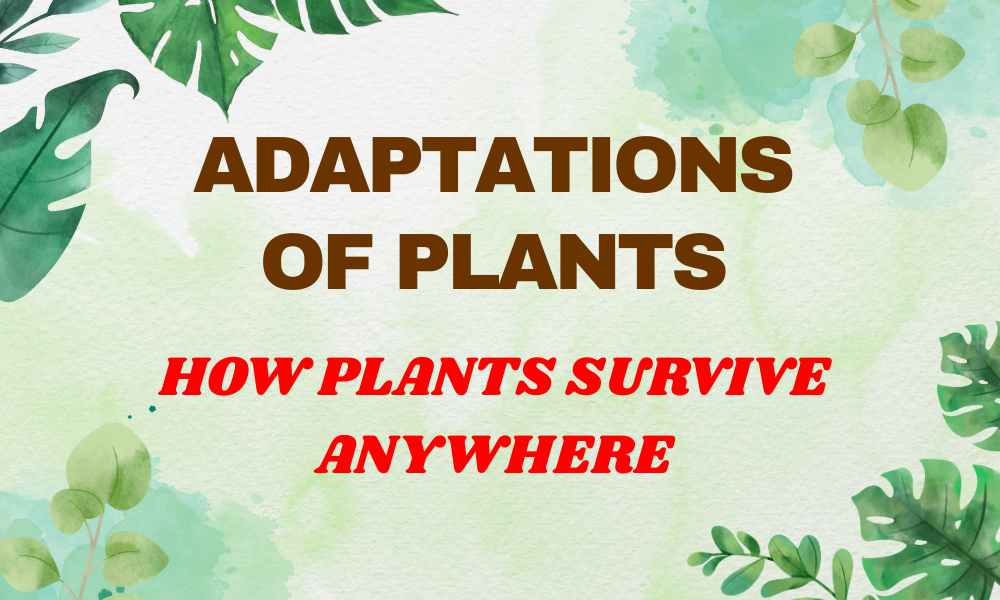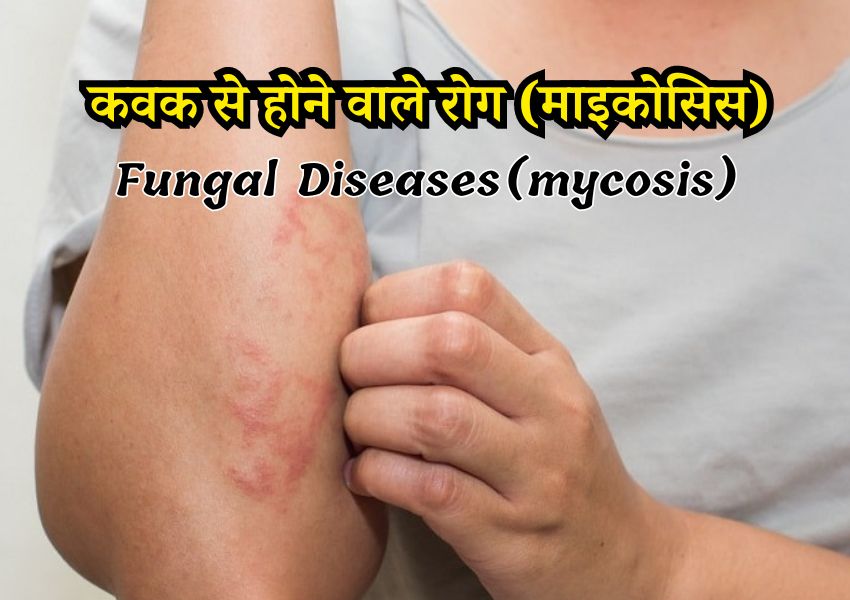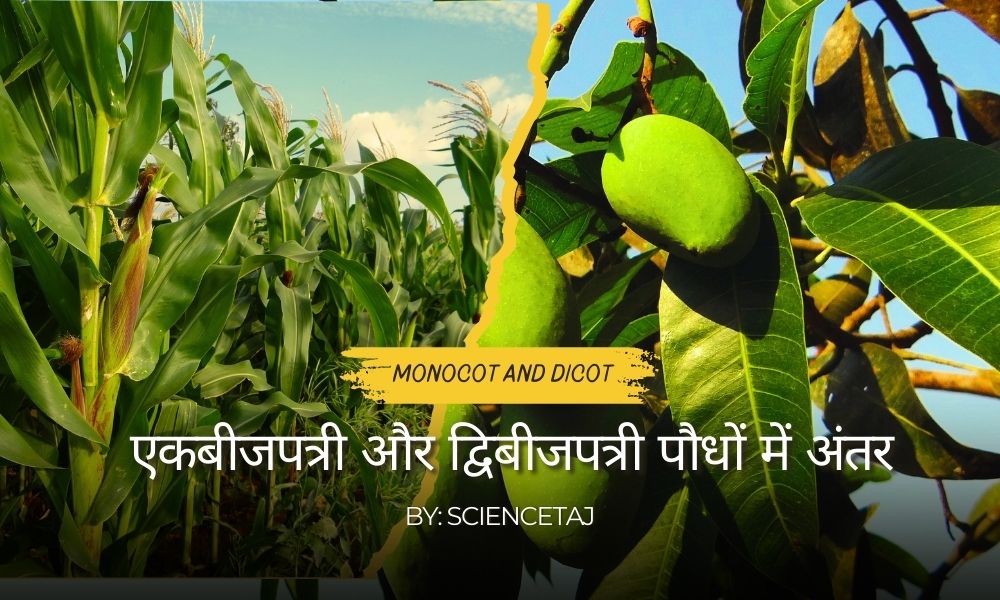In the quest for sustainable agriculture and environmentally friendly pest management strategies, bio pesticides have emerged as a promising alternative to synthetic chemical pesticides. Derived from natural sources such as plants, animals, and microorganisms, biopesticides offer effective control over pests while minimizing adverse effects on human health and the environment. In this comprehensive article, we will explore what is biopesticides, importance, types, uses, advantages, and disadvantages of biopesticides or Biological pesticides, providing a thorough understanding of their role in modern agriculture.
What is Biopesticides?
Biological pesticides or Biopesticides are pest management agents derived from natural materials or organisms. Unlike synthetic chemical pesticides, which often leave harmful residues and pose risks to non-target organisms, bio-pesticides are inherently safer and more eco-friendly. They function through various mechanisms such as repellence, interference with mating, disruption of growth processes, and direct toxicity to pests. Biopesticides are an integral component of integrated pest management (IPM) programs, which emphasize preventive measures, biological control, and minimal pesticide use.
Importance of Biopesticides

Bio pesticides play a crucial role in promoting sustainable agriculture and reducing reliance on synthetic chemical pesticides. With growing concerns about the environmental and health impacts of conventional pesticides, biopesticides offer a safer and more eco-friendly alternative. By harnessing the power of nature, Biological pesticides provide effective pest control while preserving biodiversity, protecting beneficial insects, and minimizing pesticide residues in food and the environment. Additionally, biopesticides contribute to integrated pest management (IPM) practices, which emphasize prevention, monitoring, and control measures that minimize risks to human health and the environment.
(Read more: How To Make Potting Soil Mix At Home: Mixture Ratio, Use…)
Types of Biopesticides
Mainly 3 different types of biopesticides :
Microbial Pesticides
Microbial pesticides are derived from naturally occurring microorganisms such as bacteria, fungi, and viruses. These organisms act as biological control agents, targeting specific pests while leaving beneficial insects unharmed. Examples include Bacillus thuringiensis (Bt), a bacterium that produces toxins lethal to certain insect larvae, and Beauveria bassiana, a fungus that infects and kills various insect pests. Microbial pesticides offer a sustainable and environmentally friendly alternative to chemical pesticides, with minimal risks to non-target organisms and ecosystems.
Plant-Incorporated Protectants (PIPs)
PIPs are genetically modified crops engineered to produce their own pesticides. These crops express proteins derived from naturally occurring toxins, such as Bt proteins, which are toxic to target pests but safe for humans and non-target organisms. PIPs provide continuous protection against pests, reducing the need for external pesticide applications and minimizing environmental impact. However, the use of genetically modified organisms (GMOs) in agriculture remains a subject of debate, with concerns about potential risks to human health and biodiversity.
(Read more: Home Gardening: Choosing Best Types of Organic Fertilizer for Your Plants…)
Biochemical Pesticides
Biochemical pesticides are naturally occurring substances extracted from plants, animals, or minerals. These compounds disrupt pest physiology or behavior, leading to their control. Examples include neem oil, which acts as a repellent, antifeedant, and growth regulator against a wide range of pests, and insecticidal soaps, which disrupt insect cell membranes, causing dehydration and death. Biochemical pesticides offer a non-toxic and environmentally friendly alternative to chemical pesticides, with minimal risks to human health and beneficial insects.
Uses of Biopesticides

Biological pesticides find applications in various agricultural, horticultural, and public health settings. They are used to control pests in crops, forests, greenhouses, and urban environments. Bio-pesticides are effective against a wide range of pests, including insects, mites, nematodes, fungi, and weeds. They can be applied as foliar sprays, soil drenches, seed treatments, and bait formulations, offering flexibility and versatility in pest management strategies. Additionally, biopesticides are used in organic farming systems, where synthetic chemical pesticides are prohibited, providing growers with effective pest control options while maintaining organic certification.
(Read more: What is Tropism in Plants, Types, Mechanisms, Benefits…)
Advantages of Biopesticides
- Environmentally Friendly – Bio pesticides pose minimal risks to non-target organisms, soil, water, and air quality, reducing environmental impact and preserving biodiversity.
- Target Specificity – Biological pesticides often target specific pests, minimizing harm to beneficial insects, pollinators, and other non-target organisms, while reducing the risk of pest resistance development.
- Reduced Residue Levels – Biological pesticides degrade more rapidly than synthetic chemicals, resulting in lower residue levels in food and the environment, enhancing food safety and consumer confidence.
- Resistance Management – Biopesticides offer an effective tool for managing pest resistance, as pests are less likely to develop resistance to naturally occurring substances compared to synthetic chemical pesticides.
Disadvantages of Biological pesticides

- Limited Efficacy: Bio pesticides may not always provide the same level of efficacy as chemical pesticides, particularly in cases of severe pest infestations, requiring integrated pest management approaches for optimal results.
- Shorter Shelf Life: Many bio pesticides have a shorter shelf life compared to chemical pesticides, requiring proper storage and handling to maintain efficacy and prevent product degradation.
- Regulatory Hurdles: Regulatory approval processes for biopesticides can be lengthy and expensive, hindering their widespread adoption and commercialization, despite their safety and environmental benefits.
- Knowledge and Awareness: Lack of awareness and understanding among farmers and consumers about the efficacy and benefits of biopesticides may impede their acceptance and adoption, highlighting the need for education and outreach efforts to promote their use.
(Read more: What are Parasitic Plants: Examples, Types and Impact On Ecosystems…)
Conclusion
Bio-pesticides offer a sustainable and environmentally friendly approach to pest management, addressing the growing concerns about the adverse effects of synthetic chemical pesticides on human health and the environment. With their diverse range of types and applications, Biological pesticides play a vital role in promoting sustainable agriculture, protecting human health, and safeguarding the environment. Despite some limitations and challenges, continued research, investment, and education are needed to realize the full potential of biopesticides and integrate them into mainstream pest management practices. Embracing biopesticides can contribute to a healthier and more resilient agricultural system, ensuring food security and environmental sustainability for future generations.
FAQs about Biopesticides

Q: Are biopesticides safe for humans and the environment?
Ans: Yes, bio pesticides are generally safer than synthetic chemical pesticides, as they are derived from natural sources and often target specific pests, minimizing harm to non-target organisms and ecosystems. Biopesticides pose minimal risks to human health and the environment when used according to label instructions.
Q: How do biopesticides compare to chemical pesticides in terms of efficacy?
Ans: Bio pesticides may not always provide the same level of efficacy as chemical pesticides, particularly in cases of severe pest infestations. However, when integrated into a comprehensive pest management strategy, biopesticides can be effective in controlling pests while reducing reliance on synthetic chemicals.
Q: Are Biological pesticides suitable for organic farming?
Ans: Yes, bio-pesticides are commonly used in organic farming systems, where synthetic chemical pesticides are prohibited. Biopesticides offer organic growers effective pest control options while maintaining organic certification and promoting sustainable agriculture practices.
Q: What are the regulatory requirements for biopesticides?
Ans: Regulatory approval processes for biopesticides vary by country and region. In many cases, bio pesticides undergo rigorous testing to ensure their safety and efficacy before they can be marketed and used commercially. Regulatory agencies evaluate factors such as toxicity, environmental impact, residue levels, and effectiveness in determining the registration of biopesticide products.
Q: What are some examples of biopesticides?
Ans: Some common examples of bio-pesticides include microbial agents such as Bacillus thuringiensis (Bt), fungal pathogens like Beauveria bassiana, botanical extracts such as neem oil, and semiochemicals that disrupt pest behavior. These biopesticides target a wide range of pests, including insects, mites, nematodes, fungi, and weeds.
(Read more: 10-Money Making Crops With Low-Investments…)

























Leave a Reply